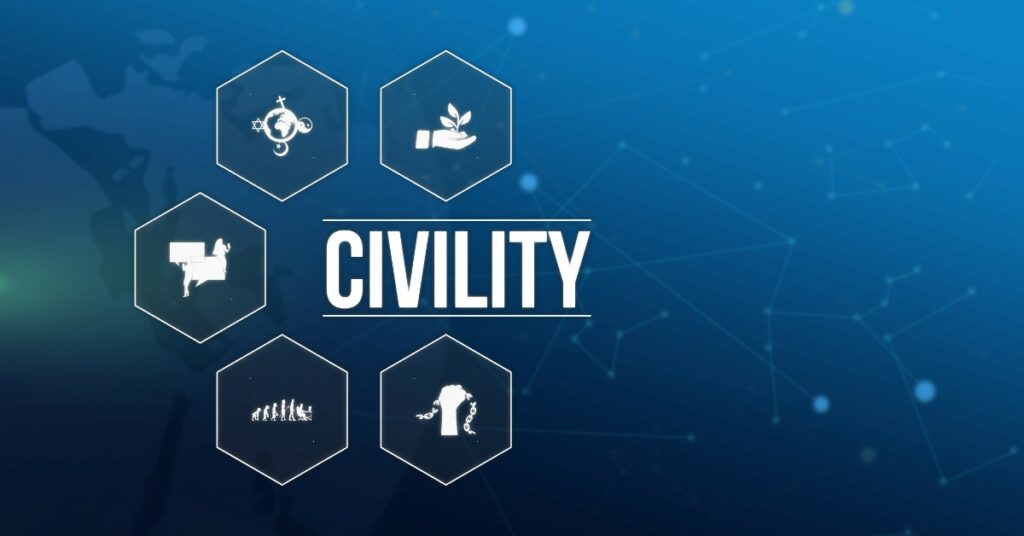Civility in the workplace is a critical aspect of any organization that aims to maintain a healthy and productive work environment. It refers to the ability of individuals to communicate with each other respectfully, effectively, and with empathy. Civility is vital because it creates a positive work culture, boosts employee morale, and enhances overall job satisfaction. In this blog, I will discuss different methods of communication and how to make the most of each of them to promote civility in the workplace.
Verbal Communication
Verbal communication is the most common form of communication used in the workplace. It involves the use of words, tone, and body language to convey a message. When using verbal communication, it’s essential to speak clearly, concisely, and respectfully. Avoid using profanity or sarcasm, which can be offensive to others. Additionally, listen actively to others and avoid interrupting them. This shows respect for their opinions and ideas and helps to promote a positive working relationship.
Written Communication
Written communication involves the use of text, such as emails, memos, and reports. When writing, it’s important to use clear and concise language and to proofread for errors. Avoid using jargon or acronyms that others may not understand. Additionally, be professional and respectful in your writing, and avoid using all caps, which can be interpreted as shouting.
Non-Verbal Communication
Non-verbal communication includes body language, facial expressions, and tone of voice. It’s important to be aware of your non-verbal cues and how they may be perceived by others. For example, maintaining eye contact shows that you are engaged and interested in what someone is saying. Conversely, avoiding eye contact can be interpreted as disinterest or disrespect.
Active Listening
Active listening is an essential skill for promoting civility in the workplace. It involves focusing your attention on the speaker and providing feedback to ensure you understand their message. This can be achieved by asking clarifying questions or restating their message to ensure you have understood correctly. Active listening shows respect for the speaker and their opinions and promotes a positive working relationship.
Wrapping it up
Civility in the workplace is critical for maintaining a healthy and productive work environment. Effective communication is key to promoting civility and involves verbal and written communication, non-verbal cues, and active listening. By using these strategies, organizations can create a positive work culture that boosts employee morale and enhances overall job satisfaction. Remember, the way you communicate with others, whether it’s in the boardroom, at home, or with your pets, matters, and can have a significant impact on those around you.




